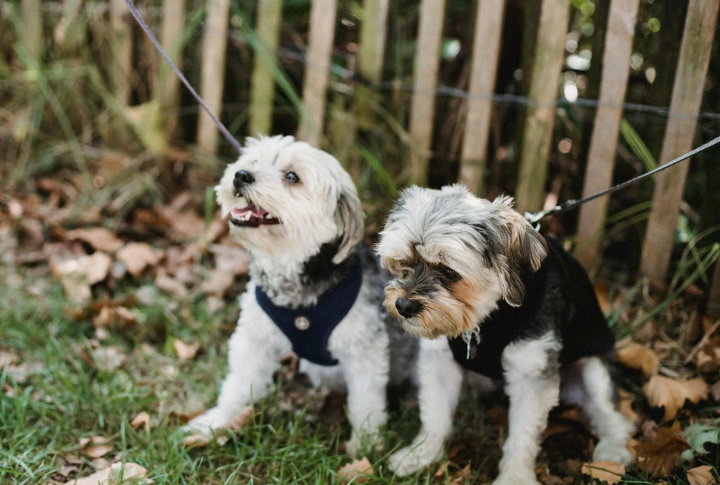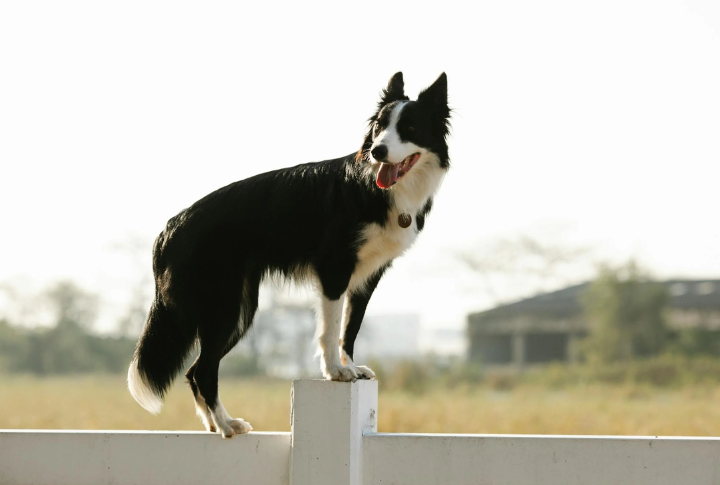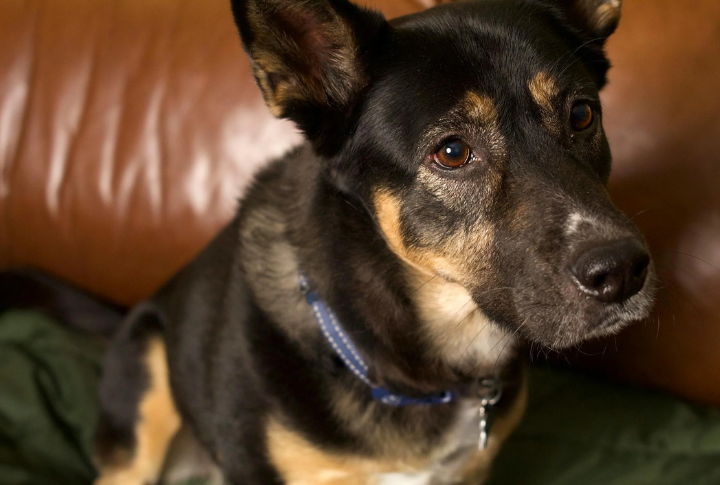10 Challenges No One Mentions About Owning A Mutt

For many dog lovers, mutts are the ultimate choice—shelter dogs, adoption drives, and the whole “rescue is my favorite breed” mindset. And they are easy to love. But the truth is that they might not fit everyone. Sure, mutts can be marvelous, but they can also be wildcards. Wondering why that’s the case? Read on.
You Really Won’t Know What You’re Getting

The puppy that seems like a 40-pound adult might hit 70 by their first birthday. Shelters do their best with breed guesses, but if you’re renting, have size restrictions, or need a dog suited to a specific lifestyle, it’s a gamble. Sometimes, it pays off. Other times, rehoming a dog becomes a heartbreaking reality.
Temperament Is Genetic, And Mutts Are A Mixed Bag

Breed plays an influential role in a dog’s behavior. For instance, herding breeds might nip at children, while guardian breeds tend to be overly alert, barking at everything. In a mutt, these instincts may be softened—or intensified. Some mixes inherit a balanced temperament, while others end up with the most challenging traits from both parents.
They’re Not Necessarily Healthier

The hybrid vigor myth is everywhere, but it oversimplifies reality. Mixed breeds can inherit the same health issues as purebreds or even a compounded version. Without responsible breeding or health screening, everything is a guessing game. When problems arise, no one tracks patterns. With purebreds, there’s usually a paper trail. When it comes to mutts, it’s trial and error work.
You Might Not Get A Second Chance If The Match Is Wrong

Ethical breeders have contracts so that if a dog match doesn’t work out, they take it back, no questions asked. With shelter mutts, once the adoption is final, it’s on the owner. Some rescues help; others don’t. If severe behavioral issues emerge or the dog simply isn’t fit, finding support can be challenging.
They Might Not Fit Task-Specific Roles

Consistent traits matter for agility, hunting, herding, or service work. Purebreds are designed for specific jobs and have a long history to prove it. Sure, mutts can be athletic, clever, and driven—but it’s a roll of the dice. For work or sport, predictability isn’t just helpful; it’s essential.
Their Coat Types Can Be A Nightmare

One of the biggest surprises with mutts is the coat lottery. A low-shed or hypoallergenic pup might grow into a matting-prone nightmare that needs daily grooming. Mixed coats can be dense and challenging to manage. With purebreds, coat expectations are clear. With mutts, it’s all guesswork until the hairballs pile up.
Emotional Baggage Is Often Part Of The Package

When mutts come from trauma, it can be challenging. And while love helps, it doesn’t erase poor socialization during key developmental windows. Leash reactivity and resource guarding are common issues, often deeply ingrained. Training helps, but not always completely. Some scars never fade, and not every household is equipped for such challenges.
You Can’t Screen For What You Don’t Know

Responsible breeders test for heritable diseases, track litter, and adjust breeding plans accordingly. With mutts, there’s no such background. No one knows what the parents were exposed to, whether they were related, or what behavioral red flags might be waiting. It’s all a mystery until something surfaces.
It Can Be Harder To Find A Dog That Actually Fits Your Life

Shelters are full of large, high-energy dogs. For apartment dwellers, those seeking a mellow companion, or anyone needing a dog that won’t chase cats, options are slim. Small, calm dogs get dozens of applications. When predictability matters, a well-matched purebred can eliminate the guesswork.
The Adoption Process Can Break Your Heart

Rescue groups can be rigid, overworked, and wildly inconsistent. Applications may be ignored for months, or approval may come for a dog with undisclosed issues. If things don’t work out, the guilt lingers. Adoption is noble, but it isn’t always easy—or even the kindest choice for the dog or the adopter.





